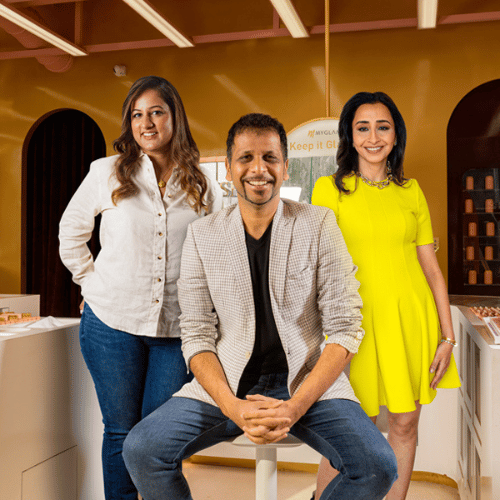Ericsson, the Swedish telecommunications giant, announced the commencement of its ‘India 6G’ initiative on Saturday, with the establishment of a 6G research team at its Chennai R&D center, as the government hopes to make the nation a leader in 6G technology after a successful 5G roll-out.
A network automation lab is a collection of physical and virtual network devices that simulate the production network for a variety of applications.
A network automation lab’s architecture is unimportant since the primary purpose is to learn automation tools and techniques.
The lab network should duplicate the production network’s major characteristics so that network improvements may be tested before being applied to the production network. This test network should ideally be created during the test setup, mirroring the portion of the network to which the proposed modification will be implemented.
To assist in building basic solutions for the future of telecommunications, the ‘India 6 G team includes top research leaders and a team of experienced experts from radio, networks, AI, and cloud.
The India research team will collaborate with Ericsson research teams in Sweden and the United States to develop 6G technology, which will aid in the delivery of a cyber-physical continuum in which networks will deliver critical services, immersive communications, and omnipresent Internet of things (IoT) while ensuring the integrity of the delivered information.
“By establishing a dedicated 6G research team for in-country research, contextual to India’s need and collaborating with the world-class research programs across international research labs, we look forward to incorporating the needs of India into the mainstream of telecommunication technology evolution,” said Magnus Frodigh, Head of Research, Ericsson.
Ericsson has three research and development centers in India: Chennai, Bengaluru, and Gurugram.
Ericsson is collaborating with leading institutions in the nation for radio, AI, and cloud research, the most recent being a five-year agreement struck in September with the Indian Institute of Technology Madras (IIT Madras) Centre for Responsible AI (CeRAI).
Ericsson places a high value on AI research since 6G networks will be autonomously operated by AI algorithms.
Ericsson said that by establishing 6G research in India, it hopes to play a key role in allowing India to be at the forefront of future communication technologies.
“Our views on 6G are aligned with the views of ubiquitous connectivity, sustainable networks, and affordable communications from the Bharat 6G vision statement of the government,” said Nitin Bansal, Head of Ericsson India.















